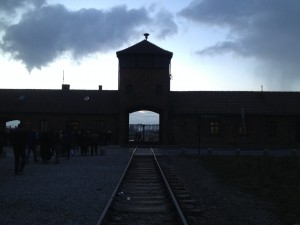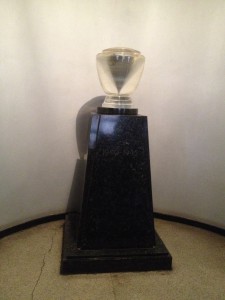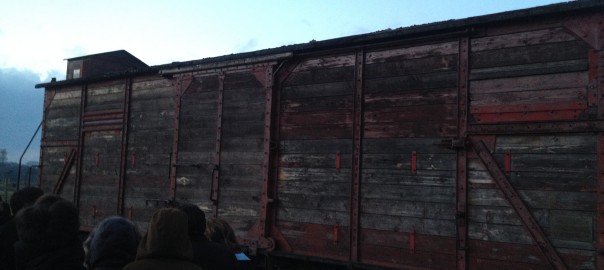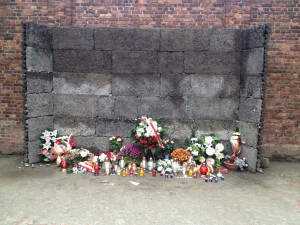
There are certain places that are too powerful for words to accurately describe, and the Auschwitz concentration camps in Poland are paragons of this idea.
We all have learned about the somber stories of the Holocaust: Jews and other “undesirables” taken from their homes and stuffed into trains tighter than sheep at a slaughterhouse, forced to work and die at camps all around Germany-controlled Europe. As we toured through Auschwitz I, the Auschwitz camp with most of the military barracks and gas chambers, we came across two factors that put the experiences of its victims into a perspective that cannot be actualized through simply reading a textbook.
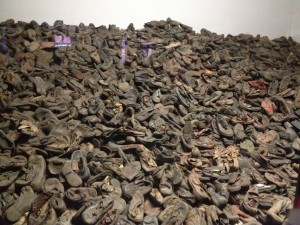
The first of which was the cold. Despite wearing jackets, hats and gloves, we were all freezing cold. One of our team members reminded us that the prisoners wore next to no clothing when first arriving at these chambers, and their allotted clothing soon after turned meager at best. Finding the weather daunting after exiting a bus with AC and wearing multiple layers, the idea of it being so much worse struck us with an unprecedented graveness. In addition to this, chambers throughout the camp were lined with prisoners’ belongings behind glass displays spanning the length of the entire room. There was one filled with children’s shoes, another with luggage and baskets. The two the stuck out the most to me were the hallway filled with removed prosthesis from men, women and children all alike, and the display containing a mountainous amount of shaved women and girls’ hair.
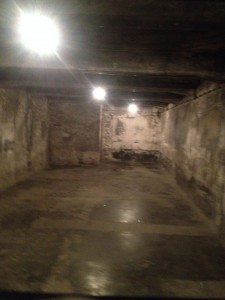
As for personal shock, the gallows left more of an impact to me than the gas chambers. In eighth grade my class read the autobiography Night by Eli Wiesel and a passage from it mentioned a man who was hanged from the gallows. It took him 15 minutes before he died because he was too malnourished for the rope to effectively snap his neck.
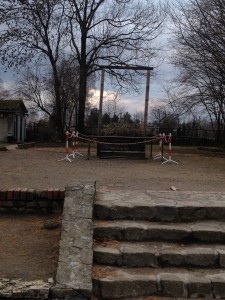
Auschwitz II, also known as Birkenau, was more like a huge pasture. This was where most of the prisoners stayed. The tour guide told us that prisoners favored removing waste from the restrooms because they would smell so putrid that the SS soldiers wouldn’t go near them to “make an example” out of them. The day’s whole experience was a very eye-opening and educational one that would not soon be forgotten.
